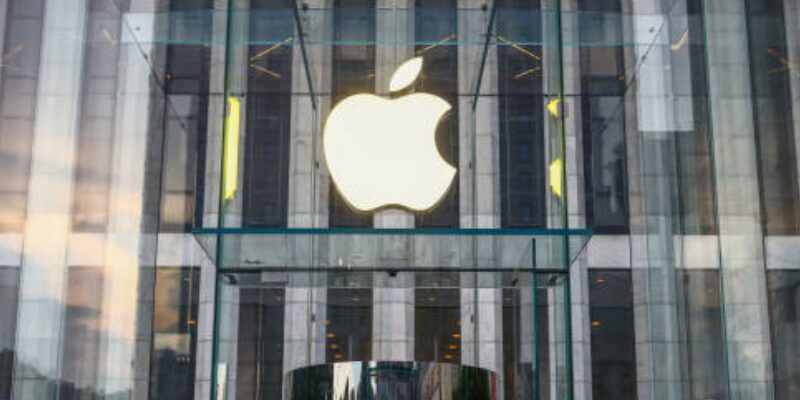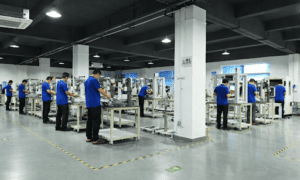Apple consented to pay $95 million in cash to resolve a class action lawsuit alleging privacy violations by its voice-activated Siri assistant.
TakeAway Points:
- Apple agreed to pay $95 million in cash to settle a proposed class action lawsuit claiming that its voice-activated Siri assistant violated users’ privacy.
- Mobile device owners complained that Apple routinely recorded their private conversations after they activated Siri unintentionally and disclosed these conversations to third parties, such as advertisers.
- Apple is giving customers 500 Chinese yuan ($68.50) off of the iPhone 16 Pro or iPhone 16 Pro Max and 400 yuan off the iPhone 16 or iPhone 16 Plus.
Apple to pay $95 million to settle Siri privacy lawsuit
A preliminary settlement was filed on Tuesday night in the Oakland, California, federal court and requires approval by U.S. District Judge Jeffrey White.
Mobile device owners complained that Apple routinely recorded their private conversations after they activated Siri unintentionally and disclosed these conversations to third parties, such as advertisers.
Voice assistants typically react when people use “hot words,” such as “Hey, Siri.”
Two plaintiffs said their mentions of Air Jordan sneakers and Olive Garden restaurants triggered ads for those products. Another said he got ads for a brand name surgical treatment after discussing it, he thought privately, with his doctor.
The class period runs from Sept. 17, 2014, to Dec. 31, 2024. It began when Siri incorporated the “Hey, Siri” feature that allegedly led to the unauthorised recordings.
Reactions
Class members, estimated in the tens of millions, may receive up to $20 per Siri-enabled device, such as iPhones and Apple Watches.
Apple denied wrongdoing in agreeing to settle.
The Cupertino, California-based company and its lawyers did not immediately respond to requests for comment on Thursday.
Lawyers for the plaintiffs did not immediately respond to similar requests. They may seek up to $28.5 million in fees plus $1.1 million for expenses from the settlement fund.
The $95 million is about nine hours of profit for Apple, whose net income was $93.74 billion in its latest fiscal year.
A similar lawsuit on behalf of users of Google’s Voice Assistant is pending in the San Jose, California, federal court, in the same district as the Oakland court. The plaintiffs are represented by the same law firms as in the Apple case.
The case is Lopez et al v. Apple Inc., U.S. District Court, Northern District of California, No. 19-04577.
Apple offers holiday discount in China
Apple is offering discounts on its top-end iPhones and other products in China for the upcoming Lunar New Year as the U.S. tech giant faces heightened competition in one of its most crucial markets.
The Cupertino giant is giving customers 500 Chinese yuan ($68.50) off of the iPhone 16 Pro or iPhone 16 Pro Max, and 400 yuan off the iPhone 16 or iPhone 16 Plus. Offers also include discounts for the iPhone 14 and iPhone 15.
For a long time Apple has resisted offering discounts through its own retail channels. Instead, third-party retailers would offer deals at certain times of the year. However, as competition ramps up, Apple has been more inclined in the last year to post seasonal deals.
Apple offered a similar Lunar New Year deal last year and in May, the company offered hefty discounts as part of China’s 618 shopping festival.
The firm’s latest challenge has come from a resurgent Huawei and other domestic brands. Apple smartphone shipments fell 6% year-on-year in mainland China in the third quarter of 2024, according to Canalys. The company’s market share also slipped to 14% from 16% a year earlier.
Huawei meanwhile saw shipments jump 24% year-on-year, Canalys data shows, while the company’s market share hit 16% from 13% a year earlier.
Huawei, which was once the number one smartphone player in the world before U.S. sanctions disabled its handset business, has aggressively launched new devices since the latter half of 2023. These devices contain chips that many had thought would be difficult to produce due to U.S. restrictions on Huawei.
Last year, the Chinese tech firm launched a first-of-its-kind trifold phone in a bid to show off its technological capabilities.

































